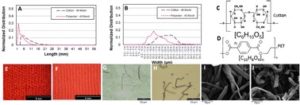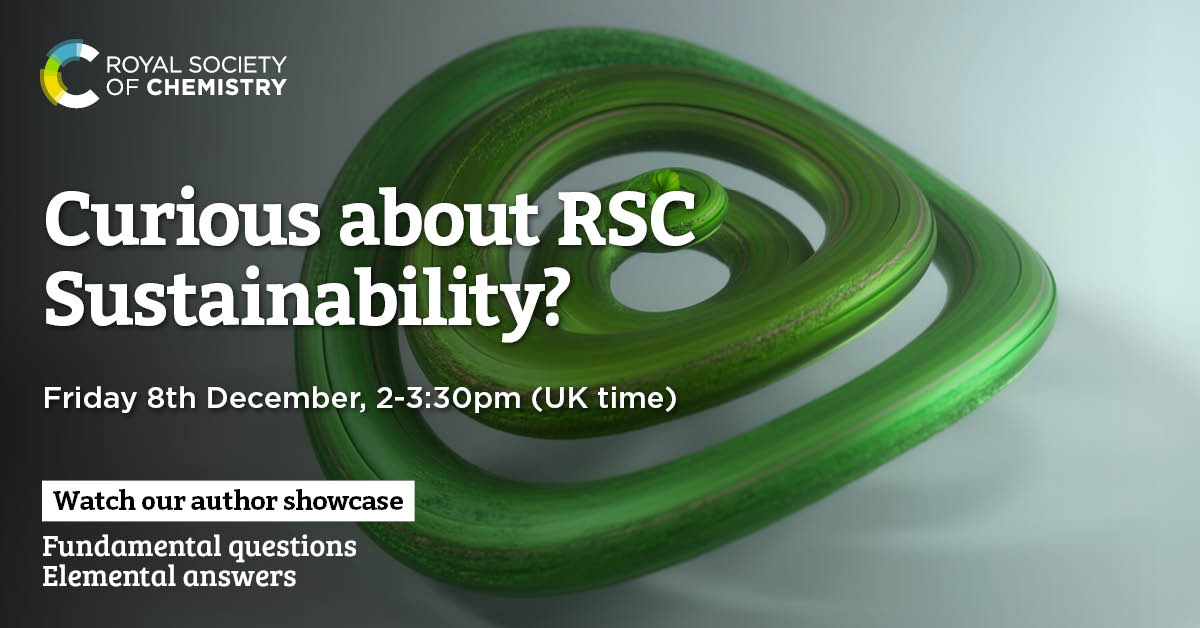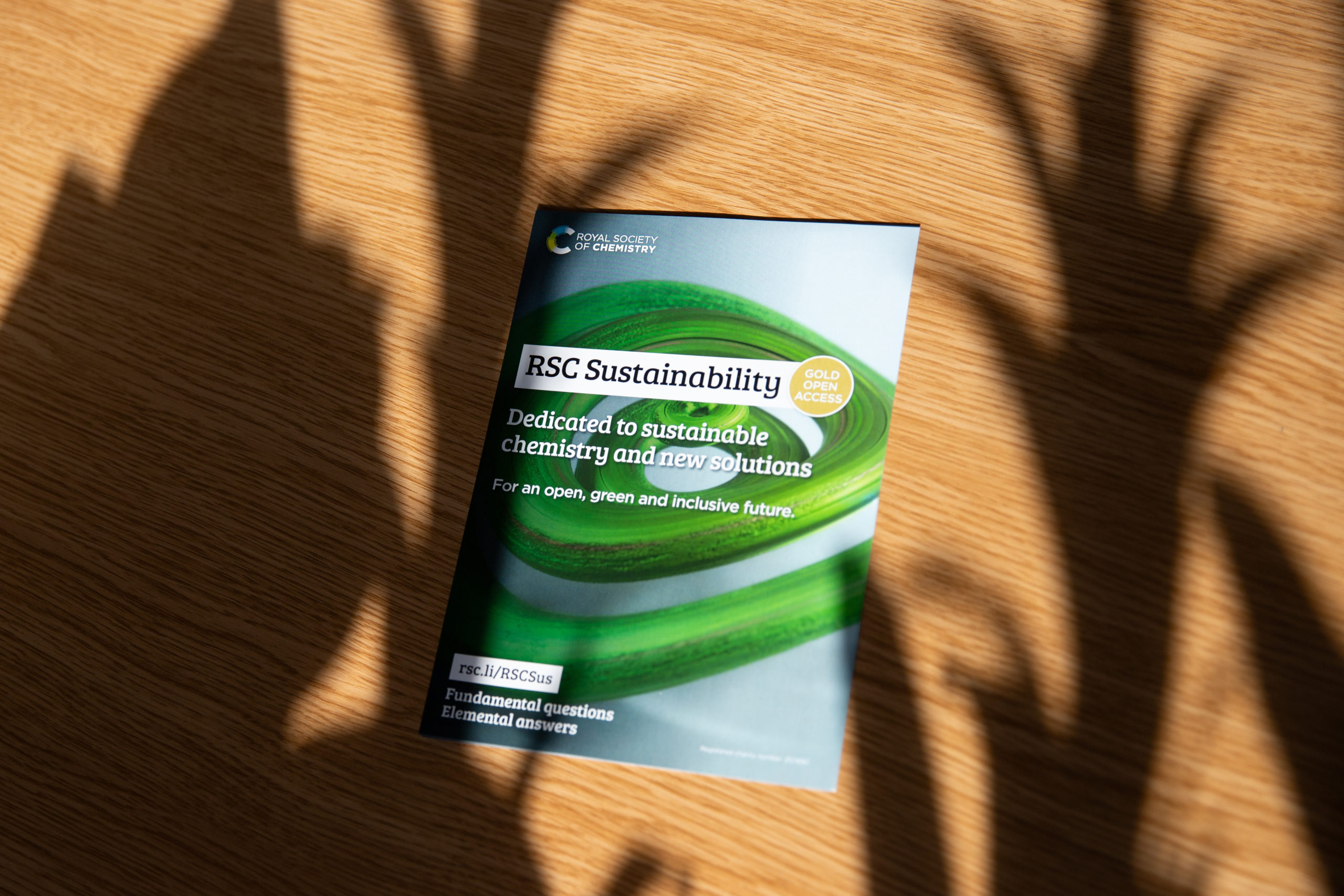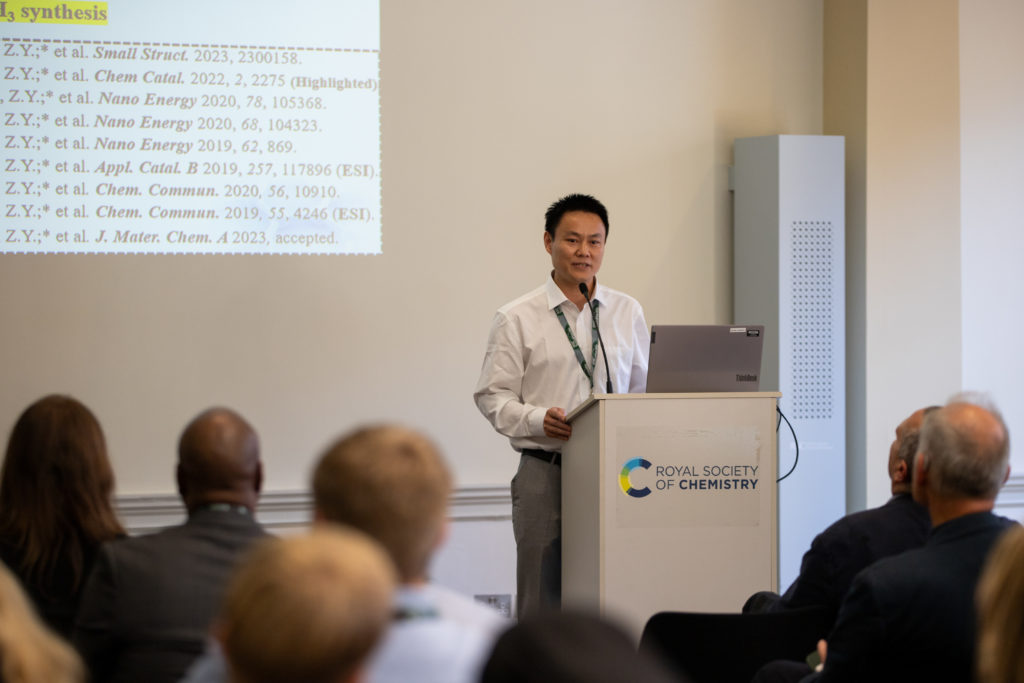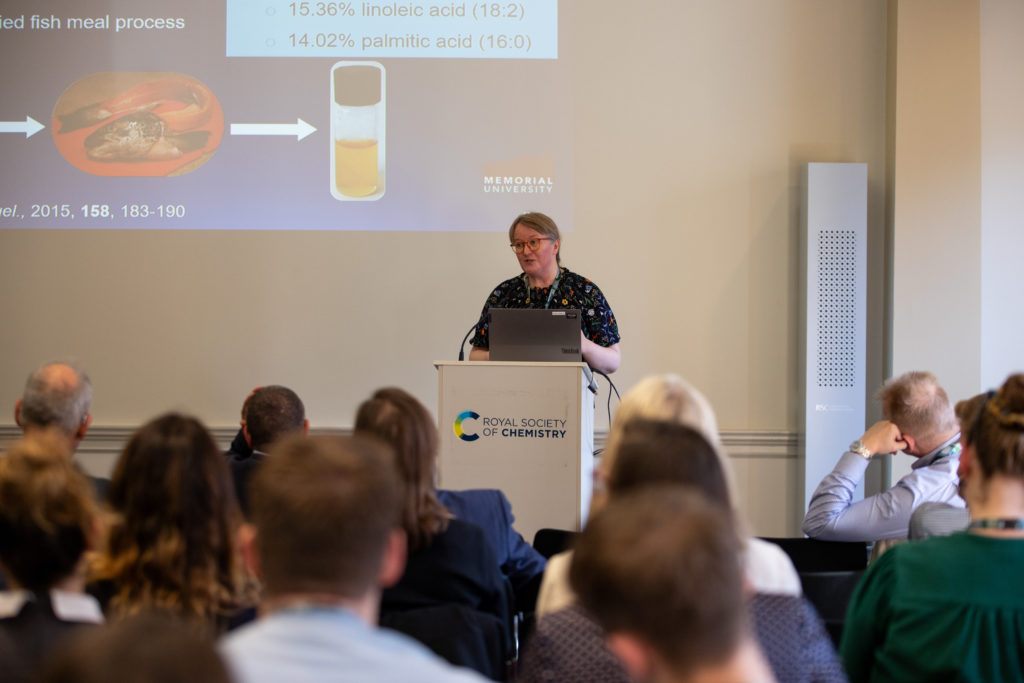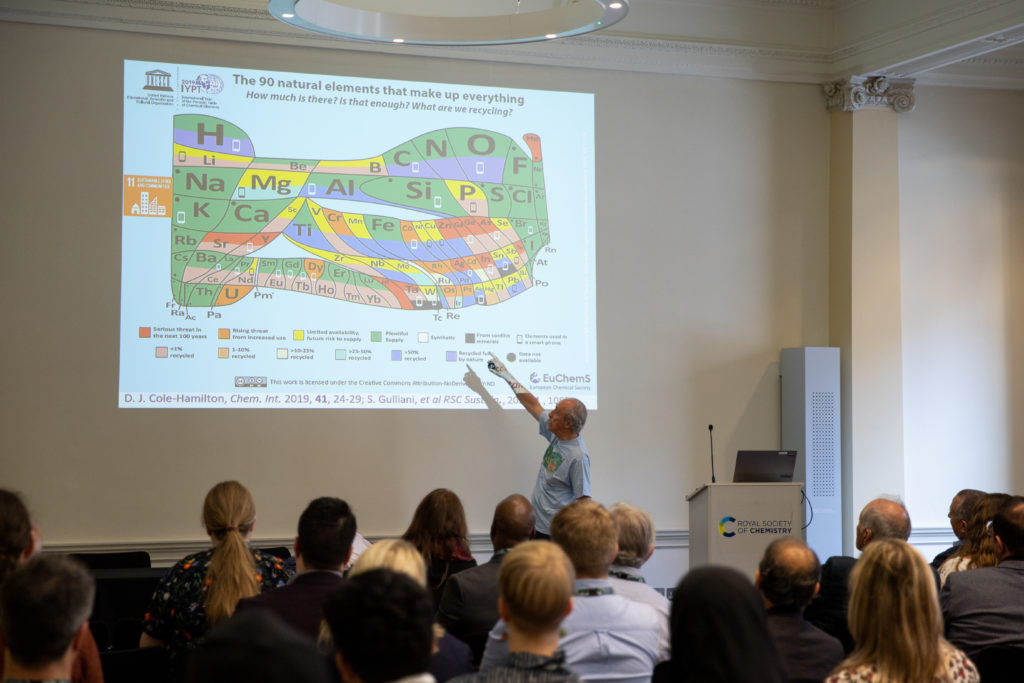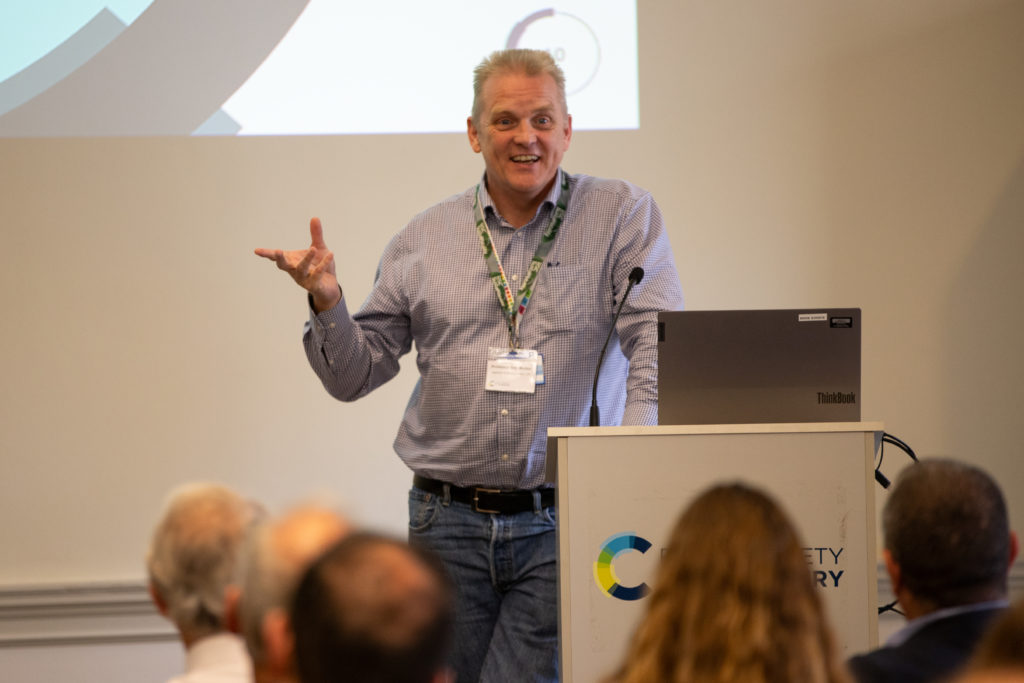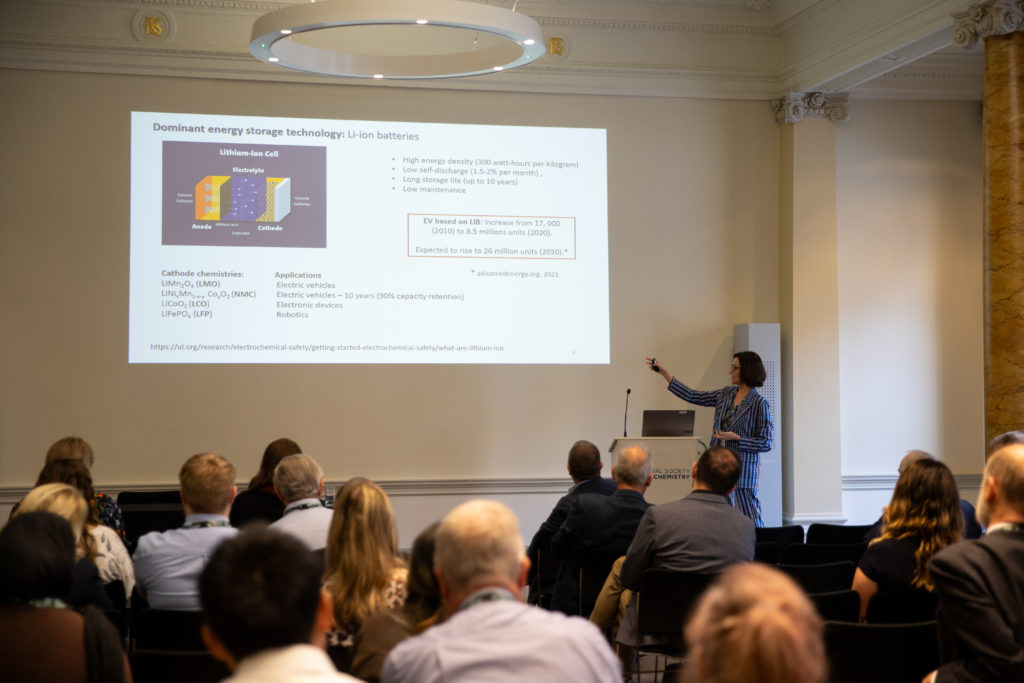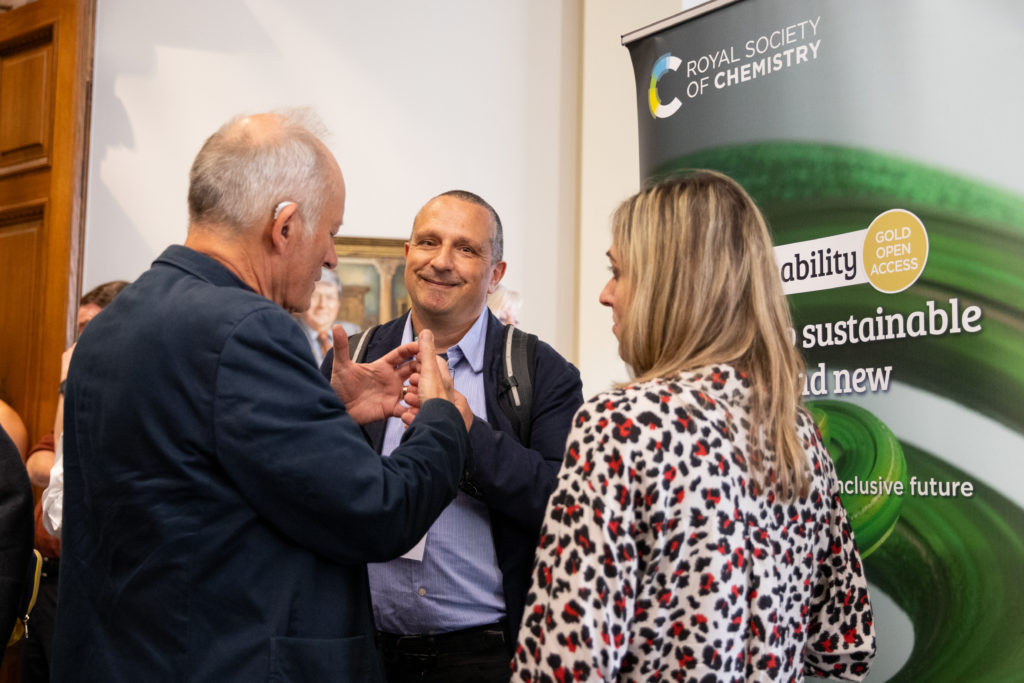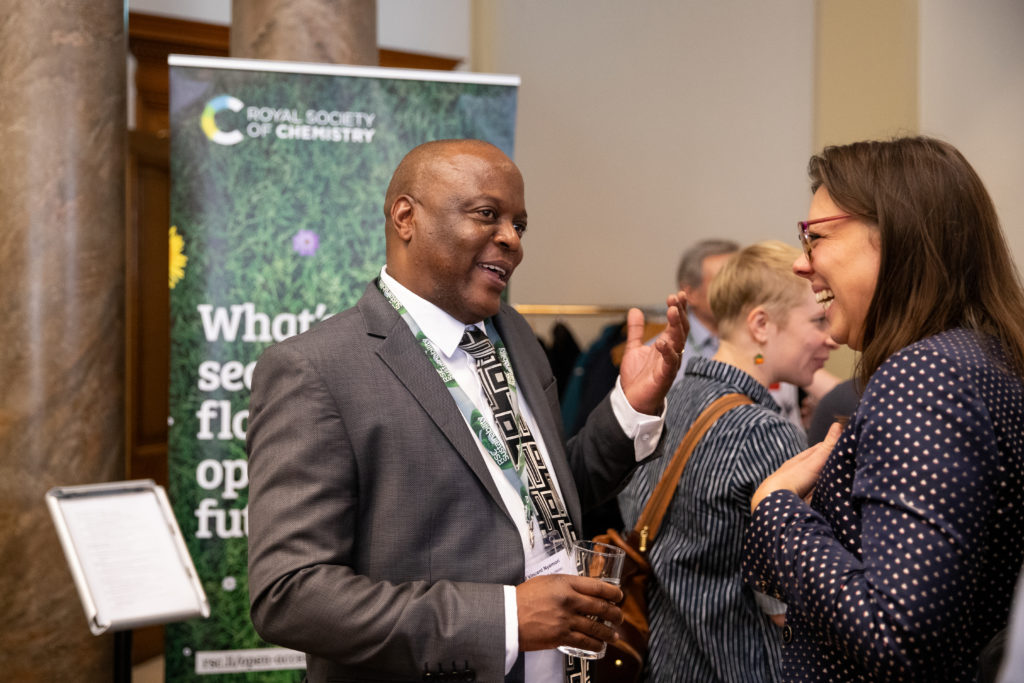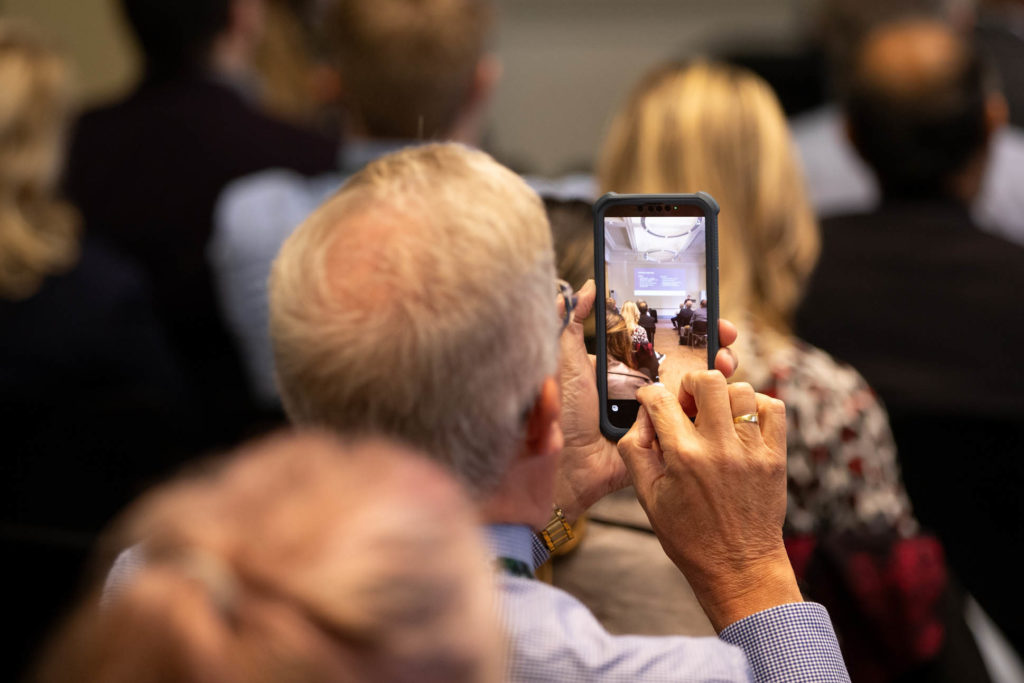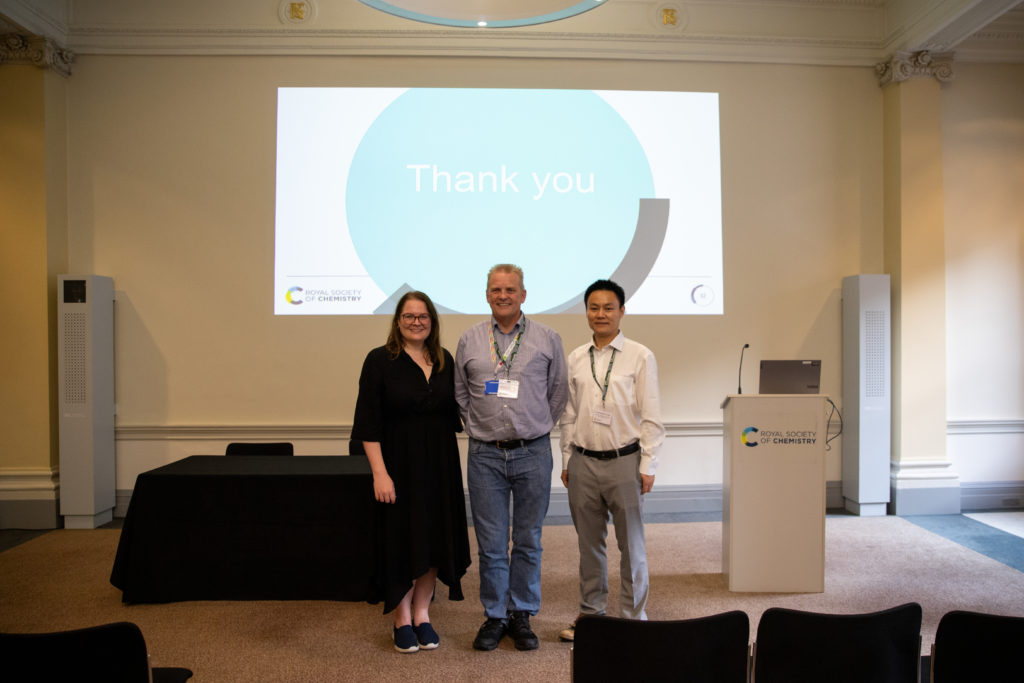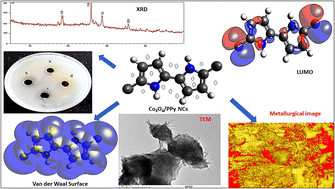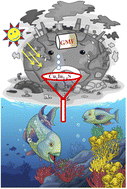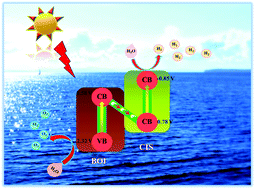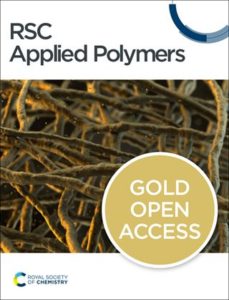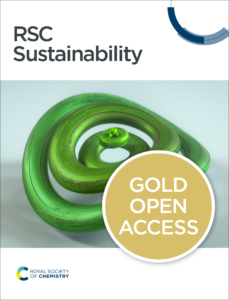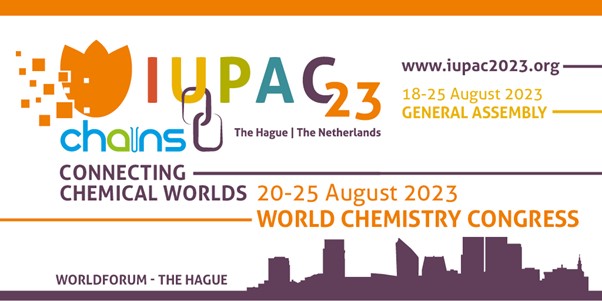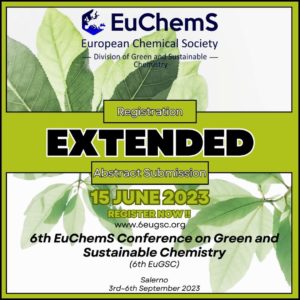Review articles are a great way to expand your knowledge of different areas of research, but Tutorial Reviews are specifically designed to act as a first introduction to a specific research topic.
Whether it is bringing you up to speed on the challenges of solving a particular issue, or on the advantages and disadvantages of a certain experimental technique, they should be your first port of call when you want to read up on a field you are not familiar with.
Since launching in 2022, RSC Sustainability has published several Tutorial Reviews that are sure to be of value to anyone seeking to learn more about the role the chemical sciences can play in addressing sustainability challenges. If you haven’t checked them out yet, we’d like to highlight some of them here
Ryohei Mori, RSC Sustain., 2023, 1, 179-212
In this review, Ryohei Mori discusses the ambitious goal of eliminating all products derived from petroleum feedstocks. By taking a comprehensive view of biomass derived plastics, Mori demonstrates the variety of everyday consumer products that could be made from sustainable and biodegradable materials.
Filippo Brienza, David Cannella, Diego Montesdeoca, Iwona Cybulska and Damien P. Debecker, RSC Sustain., 2024, 2, 37-90
Lignin and cellulose are the most common sources of renewable biomass in the world. As such, there is a lot of interest in whether these can be used as sources of fine and bulk chemicals that have traditionally been produced from petroleum. This Tutorial Review introduces the properties of these biomass sources and the existing methods of treating and refining them into useful products.
Sosthène P.-M. Ung and Chao-Jun Li, RSC Sustain., 2023, 1, 11-37
This review introduces the field of organophosphorus chemistry and discusses the challenges associated with the methods currently used to obtain phosphorus. The review rounds off by presenting some more sustainable alternatives.
Sarah M. Kernaghan, Tracey Coady, Michael Kinsella and Claire M. Lennon, RSC Sustain., 2024, 2, 578-607
This review introduces concepts and metrics that synthetic chemists can use to make their own practices cleaner and more sustainable. For example, have you ever done a life cycle assessment of your reactions where you consider the source of all your reagents and the environmental impact of the waste products you dispose of?
Shan-Shan Chai, Wei-Bin Zhang, Jing-Lei Yang, Lun Zhang, Myat Myintzu Theint, Xian-Li Zhang, Shao-Bo Guo, Xia Zhou and Xue-Jing Ma, RSC Sustain., 2023, 1, 38-71
This review introduces Rare Earth elements and their applications in a variety of fields, including their potential uses as sustainable energy storage materials that could be used as alternatives to Li-ion batteries.
We hope you find these Tutorial Reviews interesting. You can explore all the review content published by RSC Sustainability, including other Tutorial Reviews as well as our other review type articles, in our ongoing reviews web collection.
If you would like to contribute a review article to RSC Sustainability, please send a review proposal to our Editorial Office.




